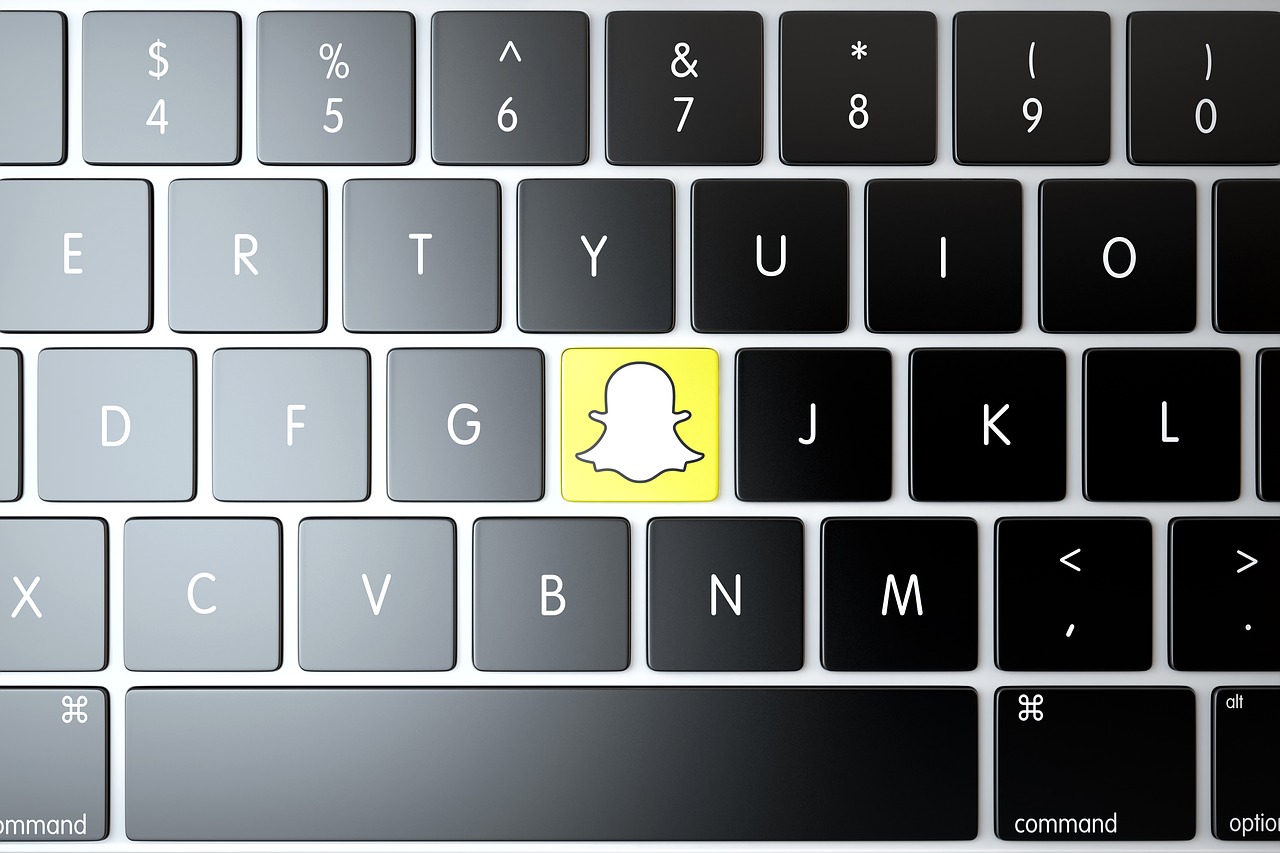Ebay, Snap, Dropbox and Pinterest join forces in defense of the free Internet (Section 230)

Several tech companies including eBay, Snap, Pinterest and Dropbox have announced a coalition in support of Section 230, the law that protects internet companies for the content that users post on their sites.
With the hope that unity is strength.
Yesterday, several tech companies launched a coalition to promote key internet law in the United States.
This is section 230 of the Communications Decency Act, the rule that protects technology companies from liability for content posted by users. The law has recently been attacked by US President Donald Trump and Republican lawmakers, but Democrats are also calling for its reform.
While Section 230 protects more than Google, Facebook and Twitter , a group of tech companies, including Snap, Dropbox, Pinterest, and eBay, announced a coalition to defend the law yesterday.
All the details on the shield law for the largest tech companies.
WHAT SECTION 230 PROVIDES FOR
As Agi pointed out, “Section 230 is for many the most important law on the Internet. The paragraph was inserted in 1996, at the dawn of the global rise of the network. It is widely believed that this paragraph is the origin of the fortune of many of the net worthy men ”. It reads: "No provider and no user of Internet services can be held responsible, as publisher or author, for any information provided by third parties".
BIPARTISAN MODIFICATION PROJECT
President Trump, like the many members of Congress who have tabled reform proposals to Section 230, recognizes the unprecedented power big techs have in defining acceptable speech, thinking and behavior.
Above all, Republican lawmakers have criticized the content moderation decisions of internet platforms and accused them of stifling conservative voices.
Democrats have also threatened to make major changes to the legal shield represented by section 230 or to repeal it altogether.
TRUMP'S THREATS CONCERNING SECTION 230
Earlier this month Trump said he would veto the $ 740 billion National Defense Authorization Act unless it includes a measure that would lift the law.
WHAT THE SENATE VOTED
Despite the veto threatened by Trump, the Senate last Friday voted with a veto-proof majority to pass the large defense bill.
THE PROPOSAL OF THE PRESIDENT-ELECT BIDEN
Meanwhile, President-elect Joe Biden has also called for the shield to be "lifted," reports The New York Times . Indeed, lawmakers on both sides have proposed major changes to section 230.
THE LOCATION OF FACEBOOK, GOOGLE AND TWITTER
So far, the big tech position is not about repealing the law or revising it. As the NYT explains, the rhetoric is rather about being open to tweaks on its margins while defending its fundamental legal safeguards.
Numerous industry leaders have said in recent weeks that they are open to changes to section 230 of the Communications Decency Act. Mark Zuckerberg, CEO and founder of Facebook, said the law should be updated and Jack Dorsey, Twitter CEO, proposed possible "Expansions". Google acknowledged "legitimate questions" about the law.
Canceling Section 230 is considered by many to be the most powerful weapon the White House can throw at digital platforms.
THE INTERNET WORKS COALITION
In defense of the shield of technology companies, the Internet Works technology coalition took the field.
The coalition, Internet Works, said Tuesday that it aims to ensure that policymakers understand "the potential unintended consequences of abrupt changes to the law," including limiting effective content moderation efforts.
"This coalition brings new voices and different perspectives to the current Washington Section 230 debate, which too often focuses on the largest Internet platforms," he said.
WHO IS PART OF THE TECHNOLOGICAL COALITION
From Snap Inc and Dropbox to Pinterest and eBay, the coalition also includes GoDaddy Inc, Tripadvisor and the Wikimedia Foundation.
FROM THE DAWN OF THE INTERNET
As Usa Today explains, section 230 was enacted nearly 25 years ago as something like an exchange. Internet platforms would be given a liability shield so that they could voluntarily exclude harmful content accessible to children and in return would provide a forum for "the true diversity of political discourse".
But what was originally intended as a privilege granted for reasonable content moderation has become judicially convoluted. Stretched into bulletproof immunity that protects these companies tout court.
CLOSE TO THE AMERICAN GOVERNMENT ON THE TECHNOLOGICAL GIANTS
Not to mention that the attacks on Section 230 are part of a larger government effort to rein in the tech giants. Two months ago, the Justice Department and a group of states filed an antitrust lawsuit against Google accused of maintaining an illegal monopoly on online search. Last week, the US Federal Trade Commission and 46 state attorneys general led by New York Attorney Letitia James filed a couple of lawsuits against Mark Zuckerberg's tech giant. The two antitrust actions could force Facebook to sell WhatsApp and Instagram in the most extreme outcome.
WHILE BRUSSELS PRESENTS THE DIGITAL SERVICES ACT
On this other side of the Atlantic, too, there is a move to regulate digital online platforms. Yesterday, the European Commission presented two sets of rules to regulate the work of the major technology companies providing digital services in the European Union. One of these is the Digital Service Act, the first pillar of the regulatory framework, calling on online digital platforms with over 45 million users in Europe to remove illegal content by cooperating with regulators.
In case of approval, EU member countries will be able to proceed with fines ranging from 6 to 10% against the web giants of their annual turnover in Europe if they do not respect the rules on the management of content distributed online.
This is a machine translation from Italian language of a post published on Start Magazine at the URL https://www.startmag.it/innovazione/ebay-snap-dropbox-e-pinterest-si-coalizzano-in-difesa-di-internet-libero-sezione-230/ on Wed, 16 Dec 2020 12:35:10 +0000.
